| Friday, November 19, 2021 | |
Sustainable, Green & Trusted |
|
| 10:00 | Opening Remarks, Horst Artur Gieser, Fraunhofer EMFT, Circuits & Systems - Analysis & Test |
| 10:10 | Trusted Electronics from a Global Supply |
Horst Artur Gieser, Head of Analysis & Test, Fraunhofer EMFT Trusted Electronics from a Global Supply
 Abstract Biography |
|
| 10:30 | The journey towards green and carbon neutral electronics: Ecodesign, materials and supply chain management |
Karsten Schischke, Group Manager Product Ecodesign and Circular Materials, Fraunhofer IZM The journey towards green and carbon neutral electronics: Ecodesign, materials and supply chain management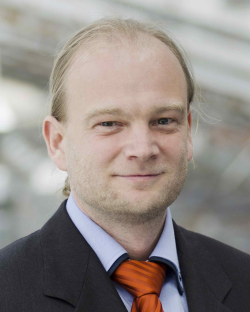
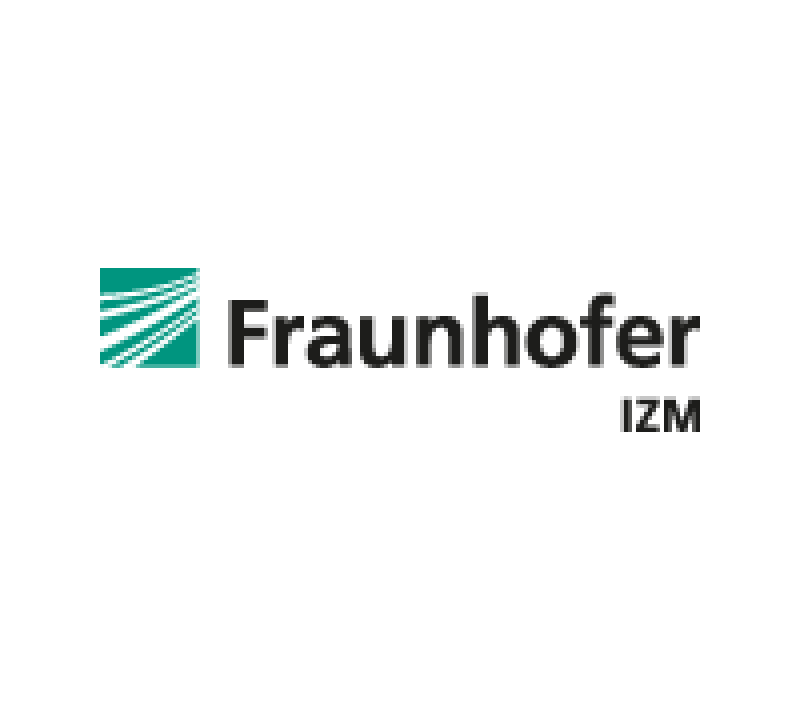 Abstract Biography |
|
| 10:50 | SiC Power MOS technology evolution as an example for sustainable and efficient energy conversion in DC grids |
Tobias Erlbacher, Department Manager, Fraunhofer IISB SiC Power MOS technology evolution as an example for sustainable and efficient energy conversion in DC grids
 Abstract Biography |
|
| 11:10 | Germanium: turning sustainability into a commercial advantage |
Ivan Zyulkov, Business Development Manager Electro-Optic Materials, Umicore Germanium: turning sustainability into a commercial advantage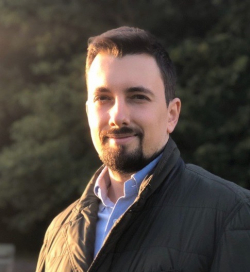
Abstract Biography |
|
| 11:30 | The sustainable edge computer - the greenest data centers for smart cities and citizens |
Jens Struckmeier, CTO & Founder, Cloud&Heat Technologies GmbH The sustainable edge computer - the greenest data centers for smart cities and citizens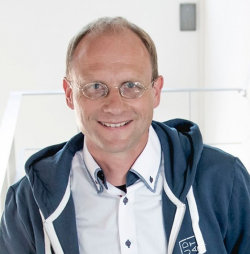
 Abstract Biography |
|
| 11:50 | Sustainable approaches in semiconductor manufacturing – Intel Ireland Corporate Services examples |
Cathy Cronin, Senior Environmental, Health and Safety Engineer, Intel Ireland Sustainable approaches in semiconductor manufacturing – Intel Ireland Corporate Services examples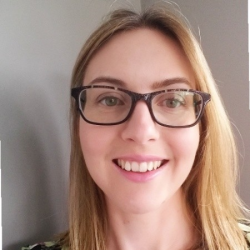
 Abstract Biography |
|
| 12:10 | Introduction to SEMI Sustainability Initiative |
James Amano, Sr Director, Int'l Standards and EHSS, SEMI Introduction to SEMI Sustainability Initiative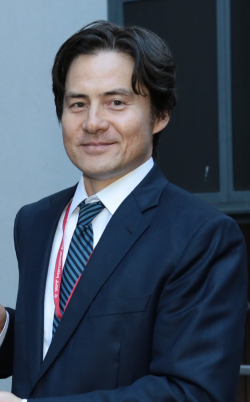
 Abstract Biography |
|